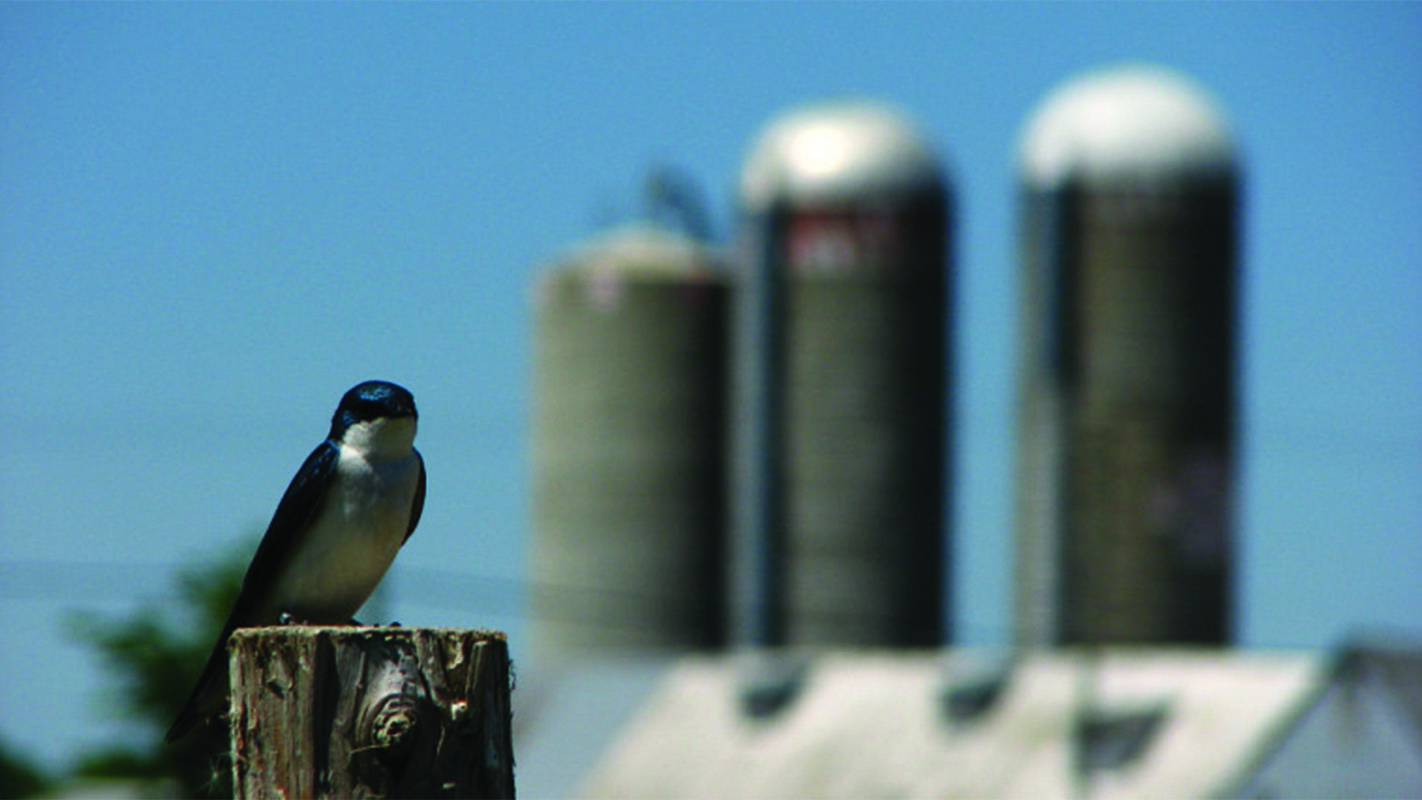By Matthew McCully
A team of biology and chemistry researchers from the University of Sherbrooke Faculty of Science recently unveiled the results of a study that reinforces arguments in favour of reducing pesticides in agriculture.
The team spent the last six years studying tree swallows on 40 Quebec farms covering 10,000 square kilometres of farmland and rural environments.
Each farm in the study area contained 10 nesting boxes for tree swallows. This gave the team an insight into the effect of pesticide exposure on bird populations in the wild.
“We studied tree swallows over a very large area; this is one of the largest long-term studies on the presence of pesticides,” explained professor Fanie Pelletier, the Department of Biology in a press release. “Each farm was selected to represent the diversity of agriculture. Some of them are in very intensive agricultural areas – just a desert of corn and soybeans. And others are on smaller pastures with livestock,” she said.
For full story and others, subscribe now.






